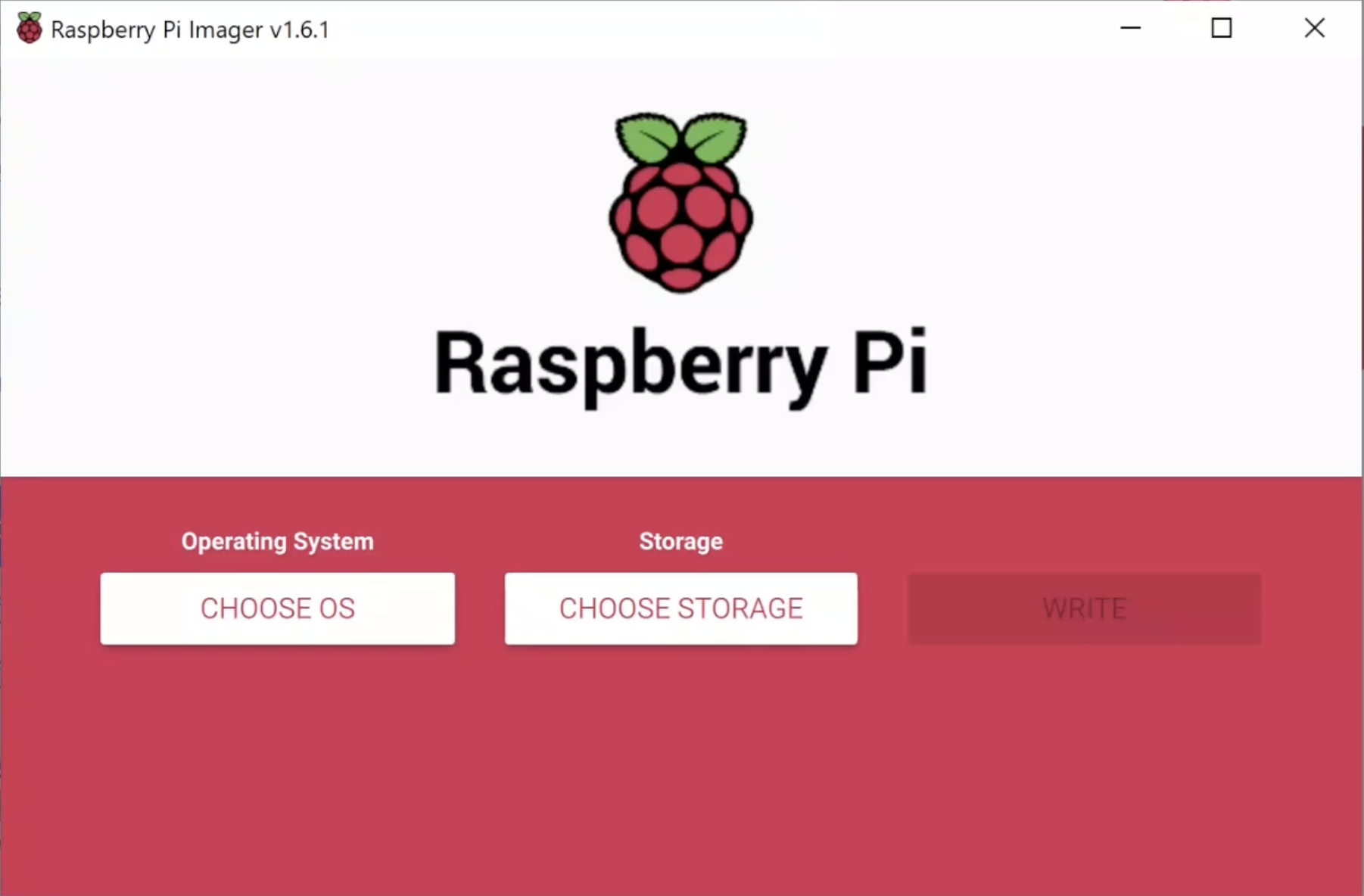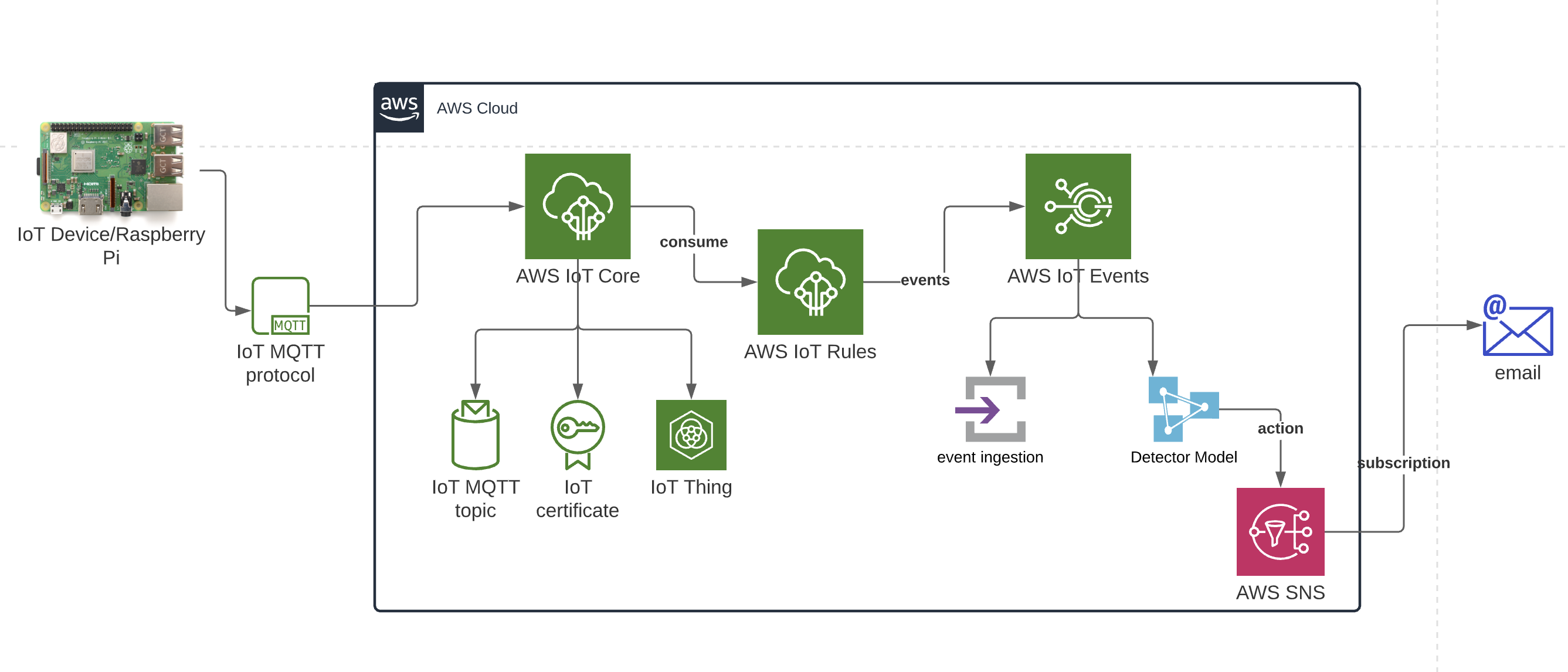So, here’s the deal—remote IoT setups are basically the future of tech innovation. Imagine controlling your smart home devices from halfway across the globe or setting up a secure server for your DIY project without breaking the bank. The RemoteIoT VPC SSH Raspberry Pi AWS combo is your golden ticket to making that happen. But wait, before you dive headfirst into this tech marvel, let’s break it down step by step so you can master it like a pro. Trust me, once you get the hang of it, you’ll be unstoppable.
In today’s tech-driven world, the demand for remote access solutions has skyrocketed. With more people working from home and businesses going digital, understanding how to set up a secure and efficient remote IoT environment has never been more critical. And guess what? You don’t need a million-dollar budget to pull it off. Using tools like Raspberry Pi and AWS makes it all possible, and we’re here to show you how.
By the end of this guide, you’ll not only know how to set up a secure SSH connection using AWS VPC but also how to download everything you need for free. So buckle up, because we’re about to take you on a tech journey that will change the way you think about remote IoT setups forever.
- Rae Lil Black The Scifi Sensation Redefining Adult Entertainment
- Keralas Cultural Tapestry Unveiling The Intersection Of Cinema Sexuality And Society
Table of Contents
- What is RemoteIoT?
- Raspberry Pi Basics
- AWS VPC Overview
- SSH Explained
- Free Downloads for Your Setup
- Step-by-Step Guide to Setting It All Up
- Troubleshooting Tips
- Security Best Practices
- Real-World Applications
- Wrapping It All Up
What is RemoteIoT, Anyway?
Alright, let’s start with the basics. RemoteIoT is essentially the process of remotely managing and controlling Internet of Things (IoT) devices from anywhere in the world. Whether it’s turning off a smart lightbulb in your living room or monitoring sensors in an industrial setup, RemoteIoT makes it all happen seamlessly. And the best part? With the right tools, you can do it without spending a fortune.
Why RemoteIoT Matters
In a world where convenience and efficiency are king, RemoteIoT offers a solution that checks all the boxes. From automating household tasks to optimizing industrial processes, the possibilities are endless. Plus, with the rise of remote work, having the ability to access and manage your IoT devices from anywhere is more important than ever.
Raspberry Pi Basics: The Heart of Your Setup
Now, let’s talk about the star of the show—Raspberry Pi. This tiny but powerful device is basically the Swiss Army knife of tech projects. It’s affordable, versatile, and perfect for setting up a remote IoT environment. Whether you’re a tech enthusiast or a complete beginner, Raspberry Pi is your go-to tool for making cool stuff happen.
- The Intricate World Of Lacykim A Deep Dive Into Digital Illusions
- Unveiling The World Of Bollyflix A Deep Dive Into The Streaming Revolution
Key Features of Raspberry Pi
- Compact size
- Low power consumption
- Supports multiple operating systems
- Perfect for prototyping and DIY projects
AWS VPC Overview: Your Virtual Private Cloud
Next up, we’ve got AWS VPC. Think of it as your own private cloud where you can host and manage your IoT devices securely. AWS VPC gives you complete control over your network settings, ensuring that your data stays safe and your devices remain accessible only to authorized users. And the best part? It integrates seamlessly with Raspberry Pi, making it a match made in tech heaven.
Benefits of Using AWS VPC
- Enhanced security
- Scalability
- Cost-effective
- Easy to set up and manage
SSH Explained: The Secure Way to Connect
SSH, or Secure Shell, is like the secret handshake of the tech world. It allows you to securely connect to your Raspberry Pi from anywhere in the world, ensuring that your data remains protected from prying eyes. Setting up SSH might sound intimidating, but trust me, it’s easier than you think.
Why SSH is Essential for RemoteIoT
With SSH, you can rest assured that your connection is encrypted and secure. No one can intercept your data or gain unauthorized access to your devices. It’s the ultimate safeguard for your remote IoT setup, and it’s definitely worth the effort to set it up properly.
Free Downloads for Your Setup
Here’s the best part—you don’t have to break the bank to get started. There are tons of free resources available that can help you set up your RemoteIoT environment without spending a dime. From Raspberry Pi images to AWS free tier, everything you need is just a download away.
Where to Find Free Resources
- Raspberry Pi OS (Official Website)
- AWS Free Tier (Amazon Web Services)
- OpenSSH Client (Built into most modern operating systems)
Step-by-Step Guide to Setting It All Up
Now that we’ve covered the basics, let’s dive into the nitty-gritty of setting up your RemoteIoT environment. Follow these steps, and you’ll be up and running in no time.
Step 1: Set Up Your Raspberry Pi
Start by downloading the Raspberry Pi OS image and flashing it onto an SD card. Once that’s done, connect your Raspberry Pi to your local network and power it on. Easy peasy, right?
Step 2: Create an AWS VPC
Head over to the AWS Management Console and create a new VPC. Configure your network settings to suit your needs, and make sure to enable SSH access. This will allow you to connect to your Raspberry Pi securely from anywhere in the world.
Step 3: Set Up SSH
Install OpenSSH on your Raspberry Pi and configure it to allow remote connections. Generate an SSH key pair and store it securely. This will ensure that only authorized users can access your device.
Troubleshooting Tips: Fixing Common Issues
Even the best-laid plans can hit a snag from time to time. If you run into any issues while setting up your RemoteIoT environment, don’t panic. Here are a few troubleshooting tips to help you get back on track.
Common Issues and Solutions
- Connection Refused: Make sure your firewall settings allow SSH traffic.
- Invalid Key: Double-check your SSH key configuration and ensure it matches the one on your Raspberry Pi.
- Network Issues: Verify that your Raspberry Pi is connected to the correct network and that your AWS VPC settings are properly configured.
Security Best Practices: Keeping Your Setup Safe
Security should always be a top priority when setting up a remote IoT environment. Here are a few best practices to help you keep your setup safe and secure.
Tips for Enhancing Security
- Use strong, unique passwords for all your devices.
- Enable two-factor authentication wherever possible.
- Regularly update your software and firmware to patch vulnerabilities.
Real-World Applications: Putting It All Into Practice
So, you’ve set up your RemoteIoT environment—now what? The possibilities are endless. From monitoring environmental conditions in remote locations to controlling smart home devices from anywhere in the world, the applications are as diverse as they are exciting.
Examples of Real-World Use Cases
- Remote monitoring of industrial equipment
- Smart home automation
- Environmental sensing and data collection
Wrapping It All Up
There you have it—a comprehensive guide to mastering RemoteIoT VPC SSH with Raspberry Pi and AWS. By following the steps outlined in this article, you can set up a secure and efficient remote IoT environment without spending a fortune. Remember, the key to success lies in understanding the basics, using the right tools, and prioritizing security.
Now, it’s your turn to take action. Whether you’re building a smart home or monitoring sensors in a remote location, the possibilities are endless. So go ahead, download the resources you need, and start building your RemoteIoT setup today. And don’t forget to share your experience in the comments below—we’d love to hear about your projects!
References:
- Unveiling The World Of Bollyflix A Deep Dive Into The Streaming Revolution
- Unpacking The Enigma Of Masa49 A Multifaceted Phenomenon Shaping Modern Culture


